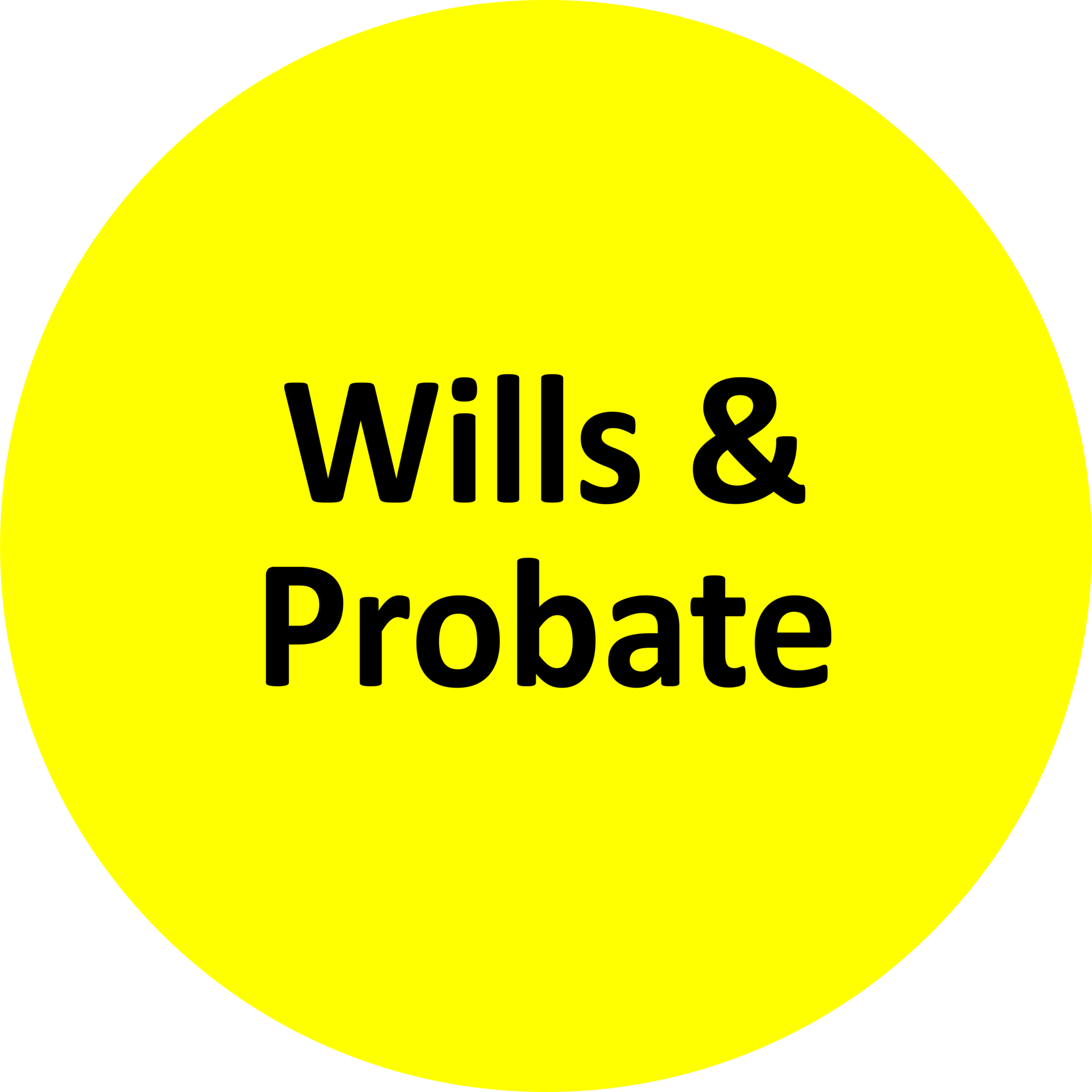How should my Attorneys act?
Posted on 23rd December 2018
When you are creating Lasting Powers of Attorney, one question that you will be asked is: How should my Attorneys Act?
There are three different ways: Jointly, Jointly and Severally or Jointly for some decisions, Jointly and Severally for others. Your nearest solicitors, MG Legal, explain what the terms mean, and how the decisions will subsequently be dealt with. You can appoint up to four Attorneys initially, and up to four replacement Attorneys to act in the event that one of your Attorneys in unable to do so. MG Legal, your nearest solicitors for Wills, would suggest getting in contact via email to enquiries@mglegal.co.uk for advice specific to your situation.
Jointly
If you appoint your Attorneys to act Jointly, you must have more than one Attorney appointed in the first place. They will have to make all decisions together and, if one Attorney should be unable to act or should pass away, none of your Attorneys will be able to make any decisions. If you have appointed replacement Attorneys, they would step in at this point.
Jointly and Severally
If you appoint your Attorneys to act Jointly and Severally, they will be able to make all decisions just as it says on the tin: jointly or separately. It is worth considering what decisions your Attorneys are likely to be making. For example, if you appoint them to act Jointly and Severally, if one Attorney wants to sell your house without the other knowing about it, they will be able to. For some people, you know that this would not be an issue i.e. your Attorneys are spouses, or close, so they would consult each other. However, for some people this may not be ideal.
Jointly for some decisions, Jointly and Severally for others
Now, this method of appointing Attorneys can be slightly complicated.
Depending on the power you are giving your Attorneys separately, you need to consider how the Lasting Power of Attorney would work if one Attorney could no longer act.
For example, if you want your Attorneys to make decisions Jointly relating to any property and Jointly and Severally for any other decisions, it is important to note that if one Attorney passes away, the other Attorneys would not be able to make decisions that were previously Joint decisions. Instead, the replacement Attorneys would step in and act Jointly for those decisions. You may be happy with this; however, some people wouldn’t want this to happen.
One way to get around this automatic application of the Lasting Power of Attorney would be to create a second Lasting Power of Attorney, which comes into effect when one of your first Attorneys is no longer able to act, that appoints both Attorneys to act Jointly and Severally. This would mean that if one Attorney dies, the others could still act. However, it is important to note that this would mean that the surviving Attorneys would be able to act Jointly and Severally under the second LPA.
Now, if you’ve managed to stay with us through this complicated explanation (believe us, we tried to make it simple!), we would explain that, under current legislation, there doesn’t seem to be a way to bring the original Attorneys back in to act Jointly for the same decisions as, either way, you are invalidating the Joint decision clauses.
It may be a case of some carefully worded explanations – contact your nearest solicitors, MG Legal, to find out how we can help you to draft these documents at your nearest office on 01772 783 314 (Solicitors in Longridge), 01524 581 306 (Solicitors in Lancaster) and 01995 602 129 (Solicitors in Garstang).
MG Legal - Your Local Solicitors
Tagged as: Financial Decisions, Lancaster Solicitors, Lasting Powers of Attorney, MG Legal, Solicitors in Garstang, Solicitors in Lancaster, Solicitors in Longridge, Solicitors in Preston, Wills & Probate, Your Local Solicitors
Share this post:








